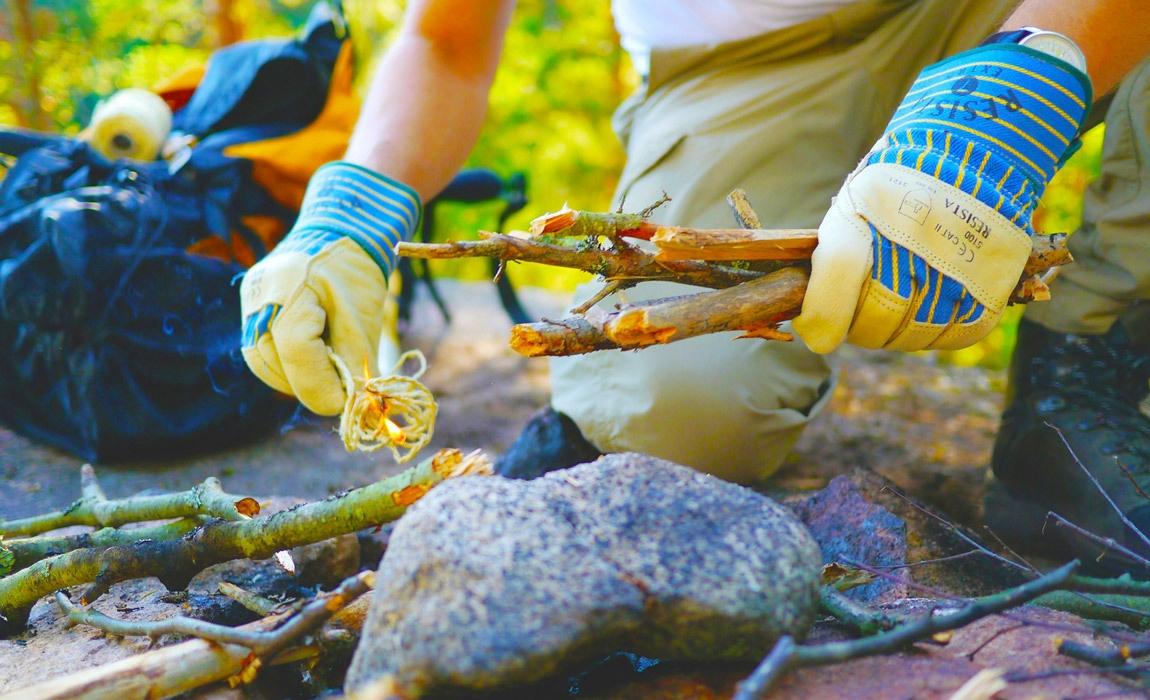Camping provides the opportunity to disconnect from the digital world and reconnect with nature, whether you're planning a weekend guys' trip or a solo wilderness adventure. Making your camping experience sustainable ensures these outdoor spaces remain available for future generations of outdoor enthusiasts.
If You Could Give A Healthy Eating Tip to Your Younger Self, What You Share?
- Leave No Trace principles form the foundation of responsible camping, ensuring minimal environmental impact during guys' trips and outdoor adventures
- Water conservation becomes critical in backcountry settings where natural resources are limited and contamination risks are high
- Sustainable gear choices like buying used equipment can lower total environmental impact up to 70-fold compared to purchasing new items
- Eco-friendly destinations like Yosemite and Acadia National Parks offer established sustainable camping infrastructure with renewable energy sources
- Biodegradable products prevent harmful chemicals from contaminating soil and water sources that wildlife depends on for survival
- Conserve Water Resources Wisely
- Shop Used and Refurbished Outdoor Gear
- Choose Eco-Conscious Camping Destinations
- Master Leave No Trace Principles
- Plan Zero-Waste Meals and Cooking
- Utilize Renewable Energy Sources
- Respect Wildlife and Natural Habitats
- Select Sustainable Transportation Options
- Support Environmentally Responsible Brands
- Advancing Outdoor Conservation Through Action
Conserve Water Resources Wisely
Water conservation stands as one of the most critical aspects of sustainable camping. Natural water sources in camping areas are often limited and fragile ecosystems that support local wildlife.
Rather than carrying excessive amounts of water, consider water-saving products like Soap In Seconds which contains real soap and water in a convenient 14-ounce can providing approximately 250 washes. While this reduces water consumption, note that it is not biodegradable, so follow Leave No Trace guidelines by using it at least 200 feet (60 meters) from water sources.
For dishwashing and general cleaning, biodegradable options like Dr. Bronner's Pure-Castile Soap offer plant-based cleaning power. Dilute properly according to package directions and dispose of gray water at least 200 feet from natural water sources per Leave No Trace Seven Principles.
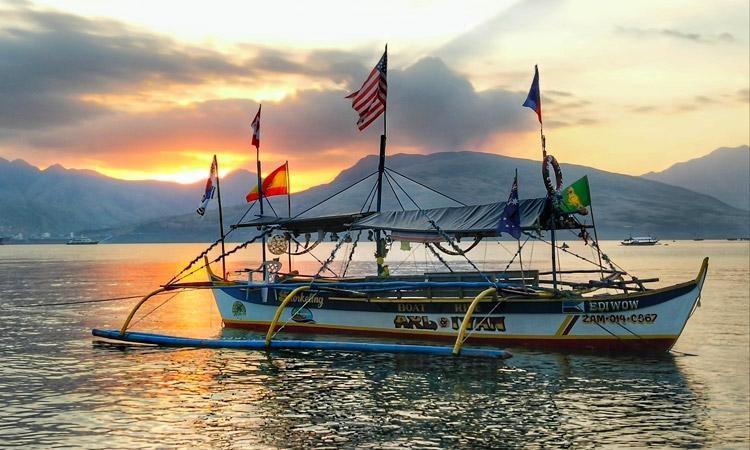
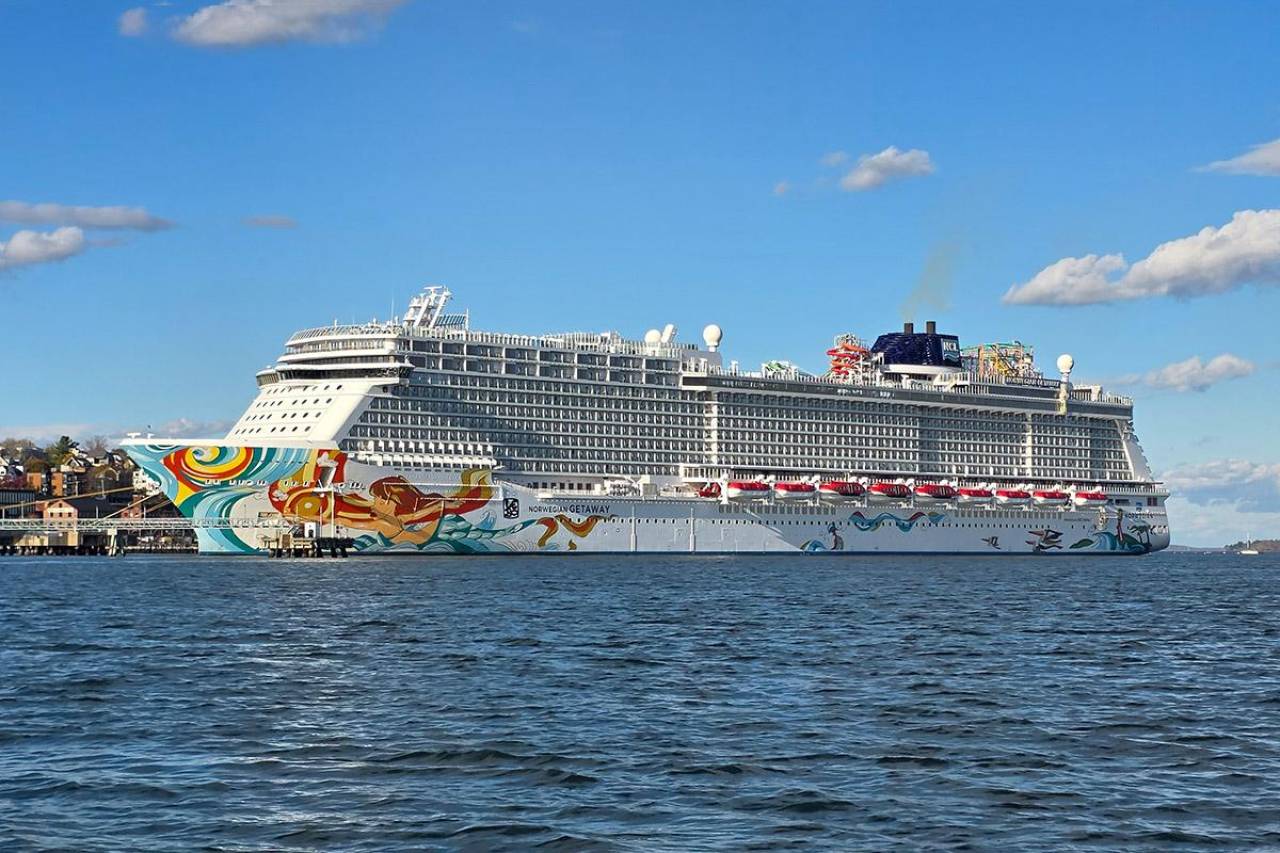
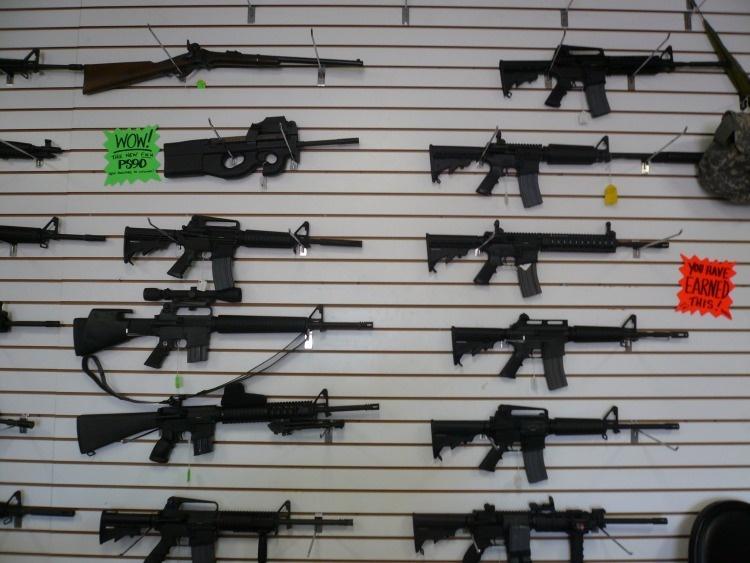
Shop Used and Refurbished Outdoor Gear
The most sustainable camping gear is equipment you already own or can acquire secondhand. This approach supports the circular economy—a system where materials stay in use as long as possible, reducing waste and environmental impact.
An independent European study found that re-using outdoor textiles can lower total environmental impact up to 70-fold compared with buying new. Additionally, extending a garment's life by just 2.2 years can shrink its carbon footprint by approximately 82%.
Established marketplaces offer quality used gear:
- REI Used Gear re-sold 1.4 million items in 2024, doubling the program since 2019
- Patagonia Worn Wear specializes in refurbished outdoor apparel and gear
- Geartrade.com provides a dedicated marketplace for buying and selling used outdoor equipment
When your current gear reaches end-of-life, consider selling or donating it rather than discarding it to keep functional equipment in circulation.
Choose Eco-Conscious Camping Destinations
Select campgrounds and destinations that prioritize environmental stewardship. Many locations now offer renewable energy facilities, recycling programs, and low-impact infrastructure.
Gulf State Park in Alabama exemplifies sustainable tourism with a solar-powered interpretive center featuring onsite rain-harvesting systems and turtle-friendly low-light pathways at The Lodge. Yosemite National Park operates a 700-kilowatt El Portal photovoltaic array providing approximately 12% of park power, plus a 60% waste-diversion "Zero-Landfill" program. Acadia National Park in Maine won $1 million in 2024 to install solar panels on its headquarters and 12 electric vehicle chargers as part of its move toward net-zero operations.
Consider visiting during off-peak seasons to reduce environmental pressure on popular destinations. Less crowded periods allow ecosystems to recover while often providing better camping experiences with lower costs.
Master Leave No Trace Principles
The Leave No Trace Seven Principles extend beyond simply packing out trash. Plan your campsite selection carefully, using established sites rather than creating new ones to prevent soil erosion and habitat destruction.
Pack out everything you bring in, including food scraps that might attract wildlife and disrupt natural feeding patterns. Follow the critical 200-foot (60-meter) rule: dispose of gray water, dig catholes, and use any soap products at least this distance from water sources, trails, and campsites.

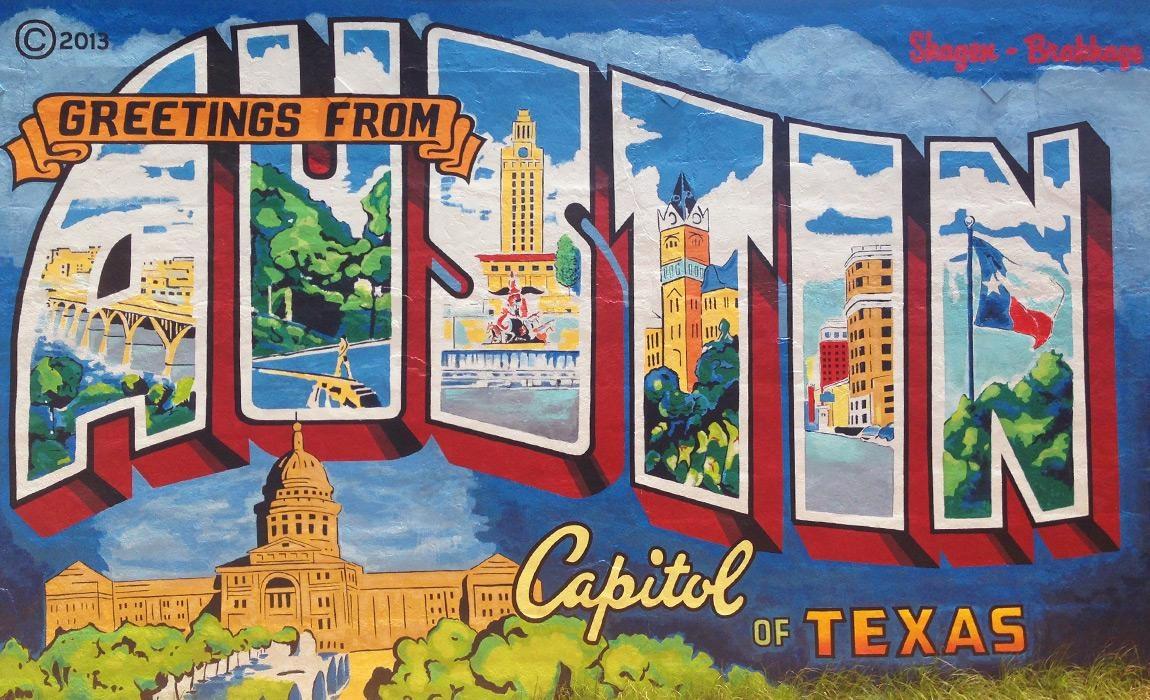

When nature calls, dig catholes 6-8 inches deep and pack out toilet paper and hygiene products in designated waste bags. This distance protects water quality for both wildlife and other campers.
Plan Zero-Waste Meals and Cooking
Sustainable meal planning reduces packaging waste while enhancing your outdoor dining experience. Remove food from original packaging before your trip and store items in reusable containers or bear-proof canisters. Silicone bags and beeswax wraps work excellently for keeping food fresh without generating single-use plastic waste.
Choose durable cooking equipment like cast-iron Dutch ovens that can serve multiple cooking purposes and last for decades with proper care. These versatile pieces work equally well for campfire cooking during weekend adventures or backyard gatherings.
Utilize Renewable Energy Sources
Solar-powered devices reduce reliance on disposable batteries and fossil fuels. Portable solar chargers keep essential electronics powered while LED lanterns with rechargeable batteries provide reliable illumination for campsite activities.
Pack a small power bank as backup since cloudy weather can limit solar charging capacity. This ensures you maintain communication capabilities for safety purposes.
Wood-burning stoves offer a sustainable alternative to gas canisters, but only where dead and down wood is abundant and local regulations allow. Otherwise, stick to refillable canister or alcohol stoves to minimize environmental impact.
Respect Wildlife and Natural Habitats
Maintain appropriate distances from wildlife and never feed animals, which can alter their natural behaviors and create dangerous dependencies on human food sources.
In bear country, follow current CDC guidance to store all scented items—including toiletries, cooking supplies, and food—in hard-sided bear canisters, which are required in many U.S. national parks. Proper food storage protects both wildlife and campers.
Choose unscented, biodegradable personal care products to minimize attraction to wildlife while preventing chemical contamination of the environment. Remember the 200-foot rule established under Leave No Trace when using any personal care products.
Select Sustainable Transportation Options
Reduce your carbon footprint by carpooling to camping destinations when traveling with friends for guys' trips. Some national parks offer shuttle services from nearby towns, eliminating the need for individual vehicle travel to campgrounds.
When possible, choose camping destinations within driving distance rather than requiring air travel. This approach reduces emissions while providing opportunities to explore local outdoor recreation areas.
Support Environmentally Responsible Brands
Choose gear from companies committed to sustainable manufacturing practices and environmental stewardship. Brands like Patagonia, where 92% of polyester fabrics in their Spring 2025 line come from recycled feedstocks, and REI, which maintains strict environmental standards for carried brands, demonstrate a genuine commitment to environmental protection.
Look for certifications like Bluesign-approved materials, Fair Trade manufacturing, and recycled content when making gear purchases. These companies often provide warranties and repair services that significantly extend product lifecycles.
Advancing Outdoor Conservation Through Action
Sustainable camping represents more than individual choices—it's about fostering a culture of environmental stewardship that preserves outdoor spaces for future adventurers.
Research indicates that reusing outdoor textiles can lower the total environmental impact by up to 70-fold compared with buying new, while extending a garment's life by just 2.2 years can reduce its carbon footprint by approximately 82%. Programs like REI's used gear marketplace, which re-sold 1.4 million items in 2024, demonstrate how the circular economy prevents thousands of tons of outdoor gear from entering landfills annually.
By adopting these practices during your next camping adventure, you're ensuring that the places that provide us with adventure and restoration will continue inspiring outdoor enthusiasts for generations to come.
